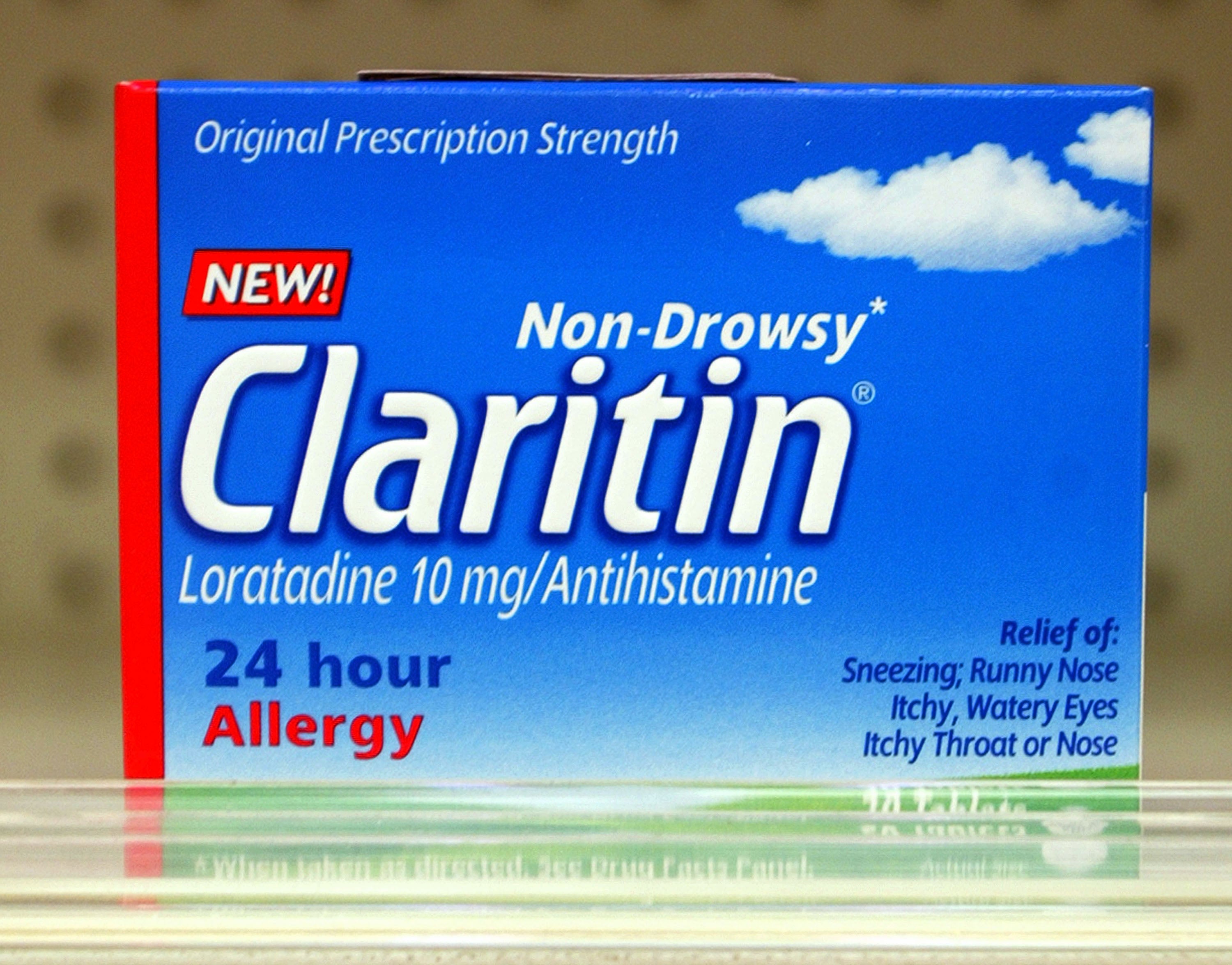This common over-the-counter drug could be linked to dementia
Your support helps us to tell the story
From reproductive rights to climate change to Big Tech, The Independent is on the ground when the story is developing. Whether it’s investigating the financials of Elon Musk’s pro-Trump PAC or producing our latest documentary, ‘The A Word’, which shines a light on the American women fighting for reproductive rights, we know how important it is to parse out the facts from the messaging.
At such a critical moment in US history, we need reporters on the ground. Your donation allows us to keep sending journalists to speak to both sides of the story.
The Independent is trusted by Americans across the entire political spectrum. And unlike many other quality news outlets, we choose not to lock Americans out of our reporting and analysis with paywalls. We believe quality journalism should be available to everyone, paid for by those who can afford it.
Your support makes all the difference.Read more
A commonly-used over-the-counter medication that can provide allergy and cold relief or serve as sleep aids may increase a person’s risk of dementia.
Antihistamines work to block the chemical histamine, which causes uncomfortable allergy symptoms. However, what kind of antihistamine you’re taking can make a big difference to your long-term health.
There are two main types of antihistamines on the market: first-generation and second-generation.
Physicians say that these “first-generation” antihistamines are less safe because they more easily cross your blood-brain barrier into the central nervous system, causing drowsiness. The second-generation antihistamines, meanwhile, do not.
open image in gallery
Commonly-used drugs to provide allergy relief may also come with a risk of dementia when taken long-term. Patients should know which kind to take before they make their next purchase (Getty Images/iStock)
“People sometimes assume these medications must be harmless because they are sold over the counter, but if you use them too often or for too long, they can mess with your thinking, make you groggy during the day, and possibly lead to long-term problems,” Dr. Pamela Tambini, an internal medicine physician and medical director at Engage Wellness, recently told Women’s Health.
The first-generation antihistamines specifically target a key brain chemical involved in memory that is called acetylcholine. Because of their design, they have a long-term impact on our brain’s health. That negative impact has been documented for a few years — but may not be something on your mind when you need relief.
Frequent use of these first-generation sleep medications has been tied to an increased risk of the chronic disease in older adults, according to a study published in the Journal of Alzheimer’s Disease in 2023.
A 2024 study in the Journal of Allergy and Clinical Immunology also said there was some risk associated with second-generation antihistamines, but it was lower. A study published this year in the World Allergy Organization Journal suggests that people should avoid taking Benadryl.
Although studies have found an association between the drugs — including Benadryl — and dementia, researchers say it doesn’t prove that they do cause the condition, according to Harvard Medical School. However what is known is that the drugs that block acetylcholine, which can cause confusion and increase fall risks in older people. Furthermore, the body’s production of acetylcholine dwindles with age. So, blocking that can be an even larger blow to older adults, who are at greater risk for dementia. Notably, many drugs have a stronger effect on older people, who also tend to take more medications.
open image in gallery
The allergy drug Claritin is a better option, according to physicians. The newer drug is safer and more effective (Getty Images)
“If you are constantly dampening that system with these medications, your brain does not function as well,” said Tambini. “Over time, that can lead to memory issues or even contribute to cognitive decline, particularly if you’re already at risk.”
Instead, doctors recommend people turn to other, newer options, such as Claritin. Although, it is alright to occasionally use an over-the-counter sleep aid.
“There are safer, more effective options out there — and talking to your doctor is a great first step in figuring out what’s really going on and how to get your sleep back on track,” Tambini said.
No Byline Policy
Editorial Guidelines
Corrections Policy
Source
